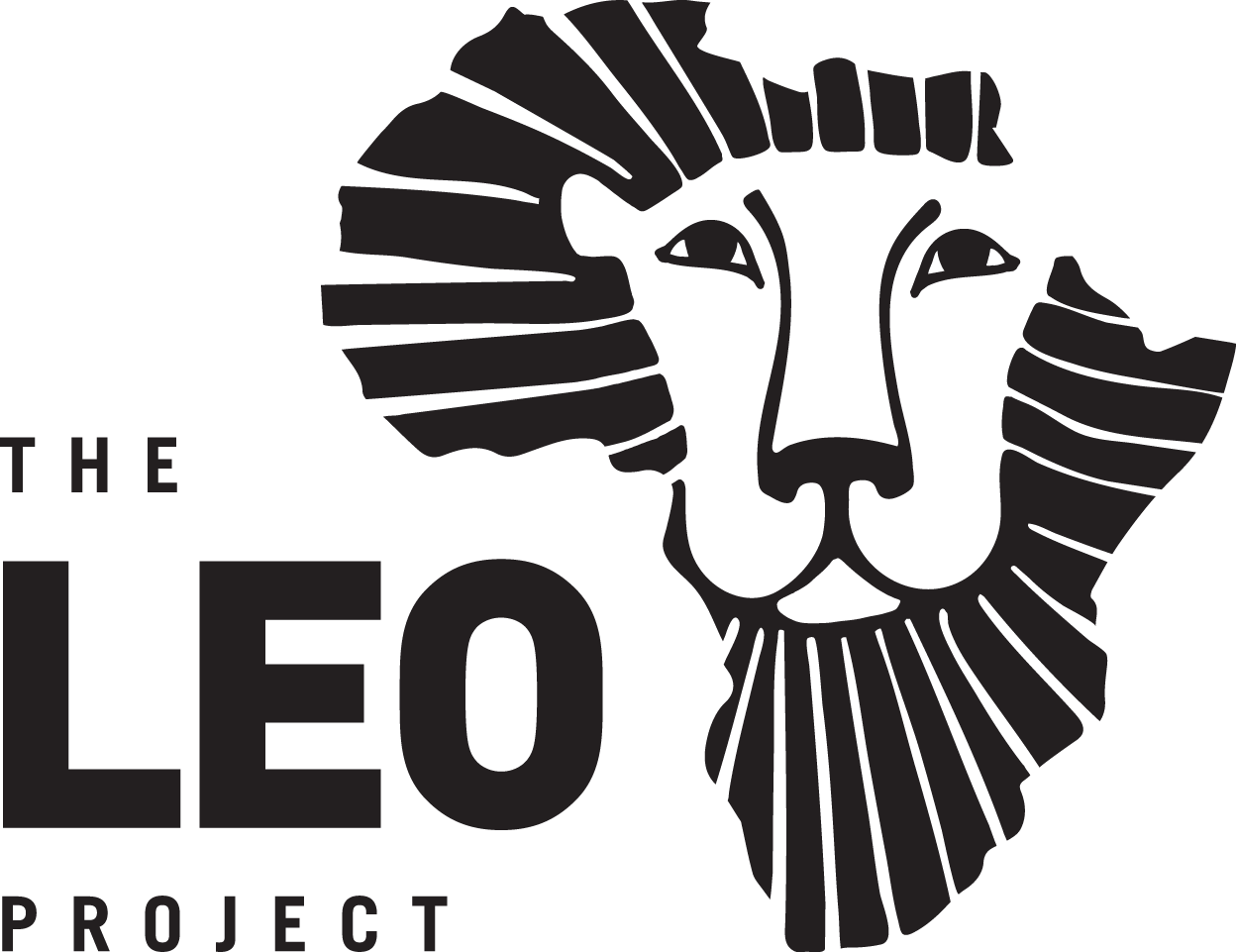What is Missing in Global Health? Agency.
By Jess Danforth, Founder and Executive Director of The Leo Project
It was 2017, and in the midst of breast cancer treatment, I was lying in an ICU bed at UCSF. Four different people had tried, and failed, to start an IV. Caitlin, my best friend who had recently passed away from complications following a lung transplant for Cystic Fibrosis, had always told me to advocate for myself. To ask for a specific kind of technician when they couldn’t find a vein. But I couldn’t remember what she had said. There were twelve failed attempts on my left hand alone. Around me, my ICU roommates were all laced with wires and tubing. A code blue was called. The incessant beeping wouldn’t stop.
My team drew blood cultures. I was septic, again. Had things gone differently, Caitlin would have been waking to take her 3am beta blocker. I could have texted her. She would’ve responded immediately—told me exactly who to ask for, exactly what to do. But she wasn’t there. Never again would I see those three dots awaiting her reply.
I knew that I had to stand up for myself; no one else was going to. After the twentieth failed attempt, I braced myself, quietly resolved. “Can you please call the rapid response team?” I asked the nurse. “I need someone else to try.” She paused and then nodded.
A few minutes later, a technician—probably my age, with a scruffy beard and twinkling eyes—entered the ICU and finally got the line in. “You’re the bravest IV patient I’ve ever seen,” he said. I burst into tears. Not because I felt brave, but because I felt numb.
It was then that I realized what I had been missing: agency. The autonomy to ask for what I needed—and the power to do so. It was just a needle, but it represented something much larger: the ability to take control of my own health and healthcare decisions.
Global health is at a crossroads. Once buoyed by ambitious funding, innovative research, and multilateral cooperation, it now faces a sobering reality: budgets are shrinking if not entirely withdrawn, research programs are being dismantled overnight, and frontline systems are more fractured than ever. United States policies are forcing PhDs and scientists to leave the U.S. to complete their work elsewhere. The very foundations of medical innovation—stability, collaboration, and funding—are unraveling, and in the places that need care the most, people are falling through the cracks. This is not because we lack the financial or human capital, but because we have overlooked agency, a fundamental component of care.
Around the world, people are being misdiagnosed, mistreated, and misunderstood. Families are making multiple costly and time-consuming trips to health facilities, often with no clarity or resolution. Patients are given medications unnecessarily, with no explanation or guidance. They leave hospitals confused, disempowered, and often worse off physically, financially, and emotionally. These “Band-Aid” solutions don’t just fail patients—they’re fueling antimicrobial resistance and broader public health crises.
At our out-patient community health clinic in rural Kenya, we recently received surprising, and what some might perceive as “negative” feedback from the community: visits are taking too long. This came as a shock since we pride ourselves on the timely treatment of patients. But after speaking with the community to better understand the problem, we realized that our patients were not used to spending time talking to a doctor, providing a medical history, and waiting for lab tests to confirm a diagnosis. Here, as in much of the world, going to a roadside chemist to pick up antibiotics or other ambiguous pills packaged into a tiny brown envelope is the norm. No diagnosis. No instruction. Just a quick exchange.
Global health is drifting further from the fundamentals of care: listening to patients and understanding the social determinants of their health.
Yes, technological advances—like artificial intelligence—hold enormous promise and will change the trajectory of healthcare. AI can support diagnostics, streamline logistics, and improve access to information. However, these advances cannot—must not—replace patient-centric care. Without oversight and accountability, we risk compounding the very problem that we are trying to solve: patients being diagnosed with illnesses they don’t have, treated for conditions they don’t understand, and silenced in a system that never included them in the first place.
What is missing is not just more money or better tools—it’s agency: the ability for people to understand their bodies, make informed choices, and actively participate in their own care.
To do so requires building systems that prioritize transparency, communication, and patient education. It means providing mental health services, trauma-informed care, and culturally-competent support that treats the whole person—not just the symptoms. It means training health workers not only to treat but also to listen. And, most of all, it means ensuring that medicine is not something done to people, but something done with them.
Caitlin’s insistence that I speak up for myself and have agency over my own health has propelled my belief that all people should have the same right. It is this conviction that drives our health system strengthening work here in Kenya.
The future of global health must be co-created with patients. It will not be shaped solely by innovation or infrastructure, but by the radical idea that every human being—regardless of their geographic coordinates—deserves to actively participate in their own health.
